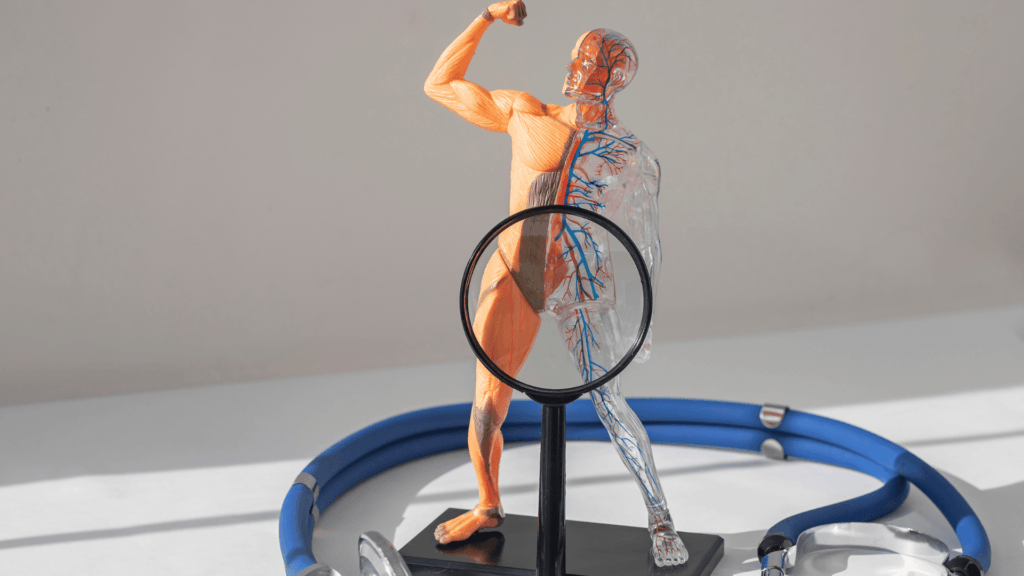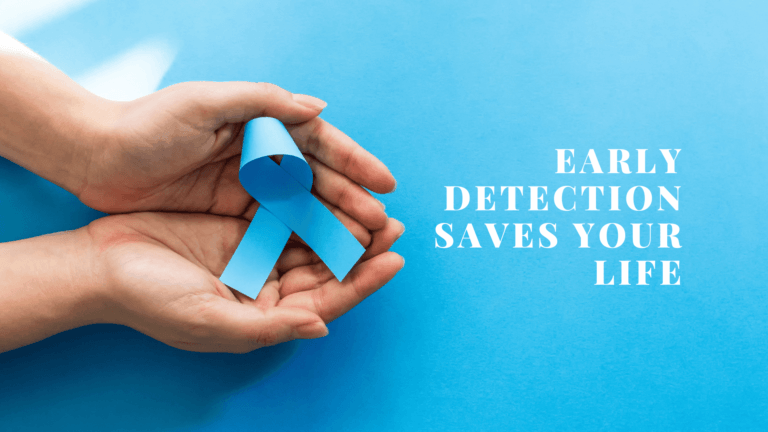If you’ve ever wondered ‘what is the prostate gland,‘ it’s a small, walnut-sized organ that’s a key player in the male reproductive system.
Nestled below the bladder and in front of the rectum, it surrounds a portion of the urethra – the duct through which urine exits the body. While it may be small, its role is significant.
Despite its unassuming size, the prostate gland is essential for a number of bodily functions, mainly linked to male fertility. It produces a fluid that is a component of semen, which helps to nourish and transport sperm during ejaculation.
Besides reproductive health, the prostate gland’s position suggests its influence on urinary function as well.
This organ has become the subject of increasing attention, largely due to the prevalence of prostate-related conditions, which can impact a man’s life, from benign enlargement to prostate cancer.
It’s pivotal to know about this gland because understanding it is the first step in maintaining urological health. It serves as a prime example of why seemingly small parts of our body can have a considerable impact on overall well-being.
What Is The Prostate Gland Function

So, you’re curious about the role of the prostate gland. It’s more than just a part of male anatomy; it’s a key player in the reproductive system. The primary job is to produce prostate fluid, which is a major component of semen.
This fluid protects and nourishes sperm during and after ejaculation, helping with fertility.
But it’s not just about reproduction. The prostate also affects urinary health. It surrounds part of the urethra, the tube that carries urine from the bladder out of the body. As men age, changes in the prostate can impact urination, sometimes leading to difficulty or discomfort.
Moreover, the prostate does its part in hormone regulation. It interacts with testosterone, the male sex hormone, and converts it into a more potent form called dihydrotestosterone (DHT). DHT is essential for male development, but it can also play a role in prostate conditions down the line.
Understanding the prostate’s functions provides a crucial foundation for recognizing when things might go awry. A wide array of conditions can affect the prostate, from benign enlargement to more serious conditions like cancer.
Keep a watchful eye, because knowledge combined with regular check-ups is your best defense against prostate health issues.
What Conditions Affect The Prostate Gland?

When the question ‘What is the prostate gland’ comes to mind, it’s often linked with concerns about potential health issues. While the prostate plays a vital role in men’s health, several conditions can affect this gland, causing a range of symptoms.
Enlarged prostate, or benign prostatic hyperplasia (BPH), is a common condition that occurs as men age. More than just an inconvenience, BPH can lead to urinary difficulties such as frequent urination, difficulty starting, and a weak stream.
Prostatitis, an inflammation of the prostate, often causes pain and discomfort, sometimes accompanied by urinary tract symptoms and sexual dysfunction.
Prostate cancer is another significant concern, being one of the most common cancers in men. I can’t stress enough how critical early detection is; symptoms may be subtle, such as changes in urination patterns, or even absent in the early stages.
Thankfully, with advances in screening techniques like PSA tests and MRIs, early detection rates have improved.
Given these conditions, you may wonder about protective measures and the road to diagnosis. Lifestyle changes such as regular exercise and a healthier diet can make a difference, as can being informed about the symptoms. For men over 50, or those with a family history, regular screenings are crucial.
Moving forward, let’s talk about what you can actually do to maintain a healthy prostate. After all, knowledge is power, but taking proactive steps is KEY. In the next section, I’ll guide you through essential advice and best practices for prostate health.
Advice and Best Practices For Maintaining A Healthy Prostate

Caring for your prostate is crucial for your overall well-being. I cannot stress enough the importance of a lifestyle that supports prostate health. Regular physical activity and a balanced diet full of fruits, vegetables, and adequate fluids are foundational.
Specific foods have been linked to a healthy prostate, like tomatoes which are rich in lycopene, and fatty fish high in omega-3 fatty acids. It’s also wise to consider prostate supplements that support prostate health but consult your physician about your individual needs before starting any new supplement.
Another key to maintaining prostate health is regular screenings, especially as you age. Discuss with your doctor the appropriate timing for these screenings. Being proactive about your health pays off, and this includes paying attention to any changes or issues with urination or sexual function and speaking with a healthcare provider promptly.
Is The Prostate Gland Dangerous?
The prostate gland itself is not inherently dangerous However, issues related to the prostate can arise, and some of these conditions can be concerning.
Here are a few aspects to consider:
Prostatitis: This is inflammation of the prostate gland and can be caused by infection or other factors. While prostatitis can be uncomfortable and may require medical attention, it is not inherently dangerous if properly treated.
Benign Prostatic Hyperplasia (BPH): This is a non-cancerous enlargement of the prostate, commonly seen in aging men. BPH can lead to symptoms such as difficulty urinating, but it is not considered dangerous. Treatment options are available to manage symptoms.
Prostate Cancer: Prostate cancer is a concern for many men, especially as they age. While prostate cancer can be serious, it is often slow-growing and may not cause symptoms in its early stages. Regular screenings and early detection can significantly improve outcomes.
Summary
In wrapping up, remember the prostate gland has a significant role in both your reproductive and urinary systems. Understanding ‘what is the prostate gland’ and how to care for it can make a vast difference in your quality of life. Stick with the right habits, stay informed, and consult your doctor regularly to maintain optimal prostate health.




